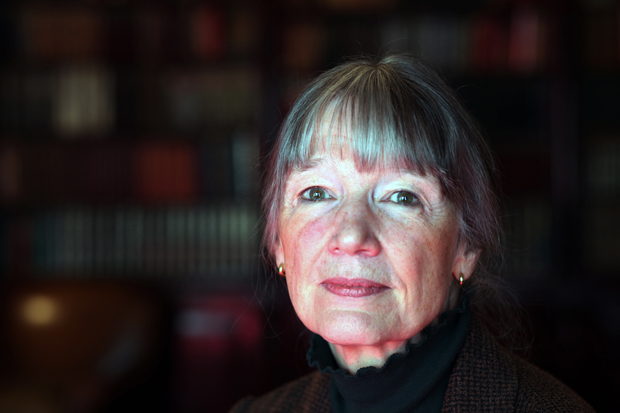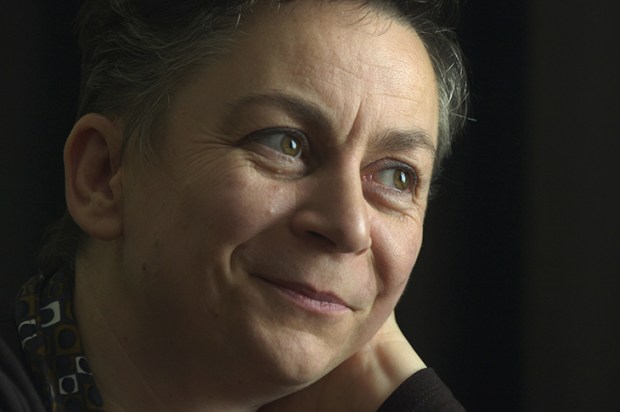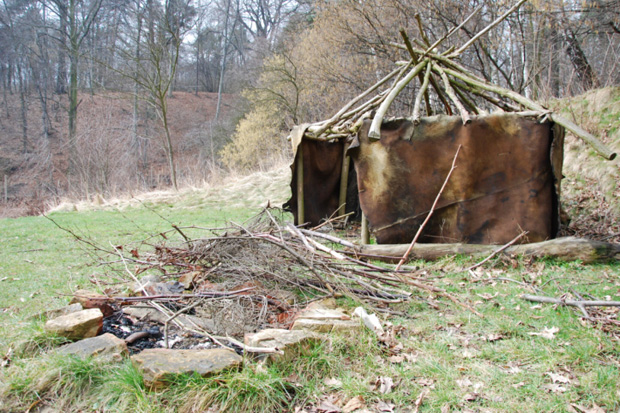There was nothing remarkable about the Whitshanks. None of them was famous. None of them could claim exceptional intelligence, and in looks they were no more than average….Their family firm was well thought of. But then, so were many others. But like most families, they imagined they were special.
So, you know what you will get in this novel, which Anne Tyler says will be her last, and that is the stories of three generations of the Whitshanks, a straightforward, unexceptional Baltimore family. We have been here before. Tyler takes the minute details of everyday life — food, furniture, work, outings — and makes them remarkable, makes them stand for much larger things — relationships, marriages, disappointments, sickness, struggles, death — because great things take place, as W.H. Auden knew, while we are ‘just walking dully along’.
And yes, this is a dull family, exactly as Tyler has almost defiantly set out above. Don’t think you are going to read about heroes and extraordinary adventures, about murder, incest and revenge. These are not Greek tragedies. This is life as most people live it, day in, day out, until the end. And yet it is life that matters passionately to them, partly because it is all they know, partly because they sense that every grain of dust, every movement, every breath, has ultimate value. ‘Are not two sparrows sold for a farthing?’
When Red Whitshank married Abby, the local girl he had known since she was 12, he stayed in the place where he was born, ‘in the house he grew up in, where he planned to die one day. Not much of a story in that.’ True. Yet we read on about their children, sons- and daughters-in-law, grandchildren, neighbours, friends, as if our own lives depended on it. The Whitshanks are both unutterably boring and the very stuff of life.
Their son Denny is the ‘interesting’ one, something of a misfit, never settling, intensely private. He vanishes for months, even years, on end, never communicating in any way, and then telephones his parents to say that he is gay. Or about to be married — would they come to the wedding? And then he appears with his baby daughter, thoroughly competent at looking after her, never properly explaining where her mother is, or why. Stays for a while. Leaves again. What is his job? No one knows, but they assume he is some sort of itinerant labourer. Then he turns up with a college degree. Many families have this kind of son or daughter, the unpredictable, infuriating, baffling one. Denny is perhaps a little autistic. Or is he just silent and private?
Years pass. The book moves to and fro between past and present, the first generation and the rest, but it is never confusing. Dot by dot Tyler builds up a character like a pointillist painting, until we know them as well as they know themselves. One of the best examples is a daughter-in-law, quiet, polite, helpful, a good wife and mother, a little distant and detached. Vague. She stays in the mind. Some novels never touch the sides; others cling to them, linger, echo for weeks after the book is finished. You don’t leave a Tyler novel when you close it.
But apart from the people, there are presences which dominate these lives and this book in the shape of the neighbourhood in which they live, and the house. Red returned all his life to the house his father had not only bought but restored, worked on and reshaped. He is in the wood of the floors and window frames, the tiles of the floor, the tongue-and-groove shelving, the built-in wardrobes. He was a craftsman who imprinted himself on the house he made. Red senses his presence everywhere and adds touches of his own. We come to know the house, and love it; and at the end we are bereaved.
This is a novel about family life and growth, but it is primarily about ageing and death. Red has a heart attack. Abby has phases of forgetfulness, the onset of dementia, when she simply leaves the house and wanders off, and when she is found, does not remember how she got to her destination or why. There is not a great deal of description, yet this account of the slow fragmentation of a strong personality is as affecting as many entire books dedicated to the subject.
It pays to read this novel slowly. Tyler has an eye for minutiae, but always the detail which symbolises, represents, conveys, explains. Her pages are the opposite of crammed with tiny observations for the sake of filling the space. Nothing is in there without having a job to do; everything counts. If you read too quickly, after a few pages you may still be in touch with the story because nothing in it moves fast, but you will have missed many important words, phrases, references and observations.
It is a dying fall of a book, so perhaps Tyler does mean it when she says she will write no more. It is not her finest, but she is not a past Pulitzer winner for nothing. The writing is beautiful, unshowy, spare yet bountiful, the distilled style of a long lifetime of creating great novels. If she writes no more, we still have many Anne Tylers to read and reread.
Got something to add? Join the discussion and comment below.
Get 10 issues for just $10
Subscribe to The Spectator Australia today for the next 10 magazine issues, plus full online access, for just $10.
Available from the Spectator Bookshop, £15.99 Tel: 08430 600033
You might disagree with half of it, but you’ll enjoy reading all of it. Try your first month for free, then just $2 a week for the remainder of your first year.















Comments
Don't miss out
Join the conversation with other Spectator Australia readers. Subscribe to leave a comment.
SUBSCRIBEAlready a subscriber? Log in